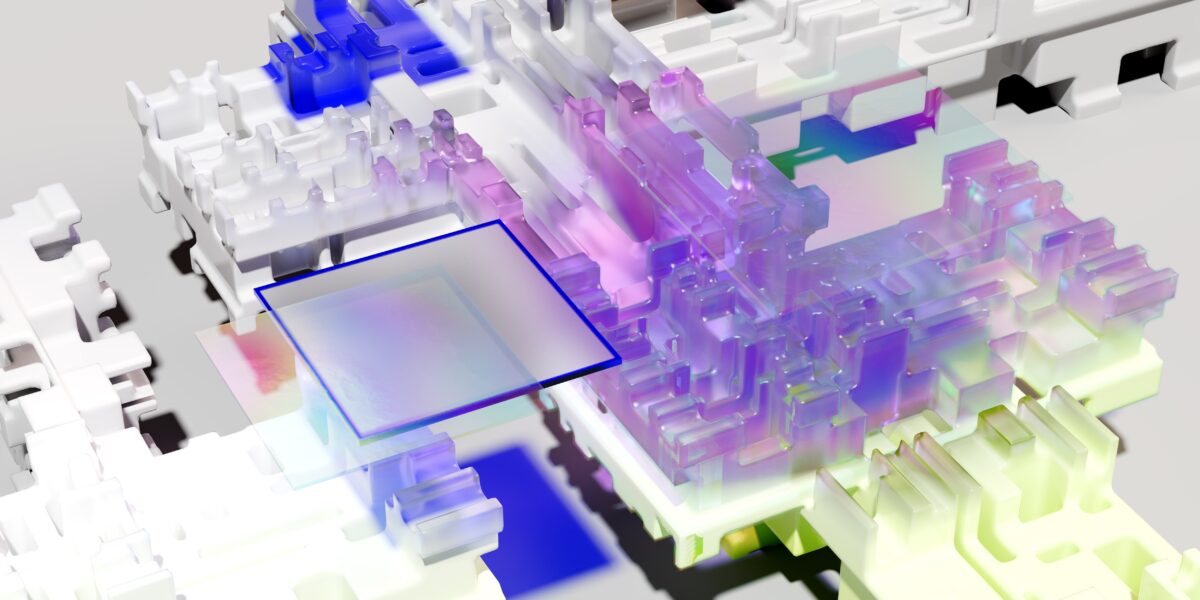The year is 2010 and I’ve just graduated from film school. Graduating in the wake of a global recession was…interesting. The job market was unpredictable at best and government subsidies for the arts had well and truly dried up. To add insult to injury, we were smack bang in the middle of the digital revolution. Technology was becoming democratised at a rate of knots meaning anyone could access great cameras and flood the media industry with job applications.
I couldn’t get a job in the film industry, but at least I wasn’t alone.
In an attempt to distract myself, I did what I always do, turn my attention to YouTube. While trying to distract myself I came across an interview with Martin Scorsese. When asked if Scorsese was worried about the influx of affordable filmmaking equipment and competition, he reminded the interviewer that everyone has always had access to a pen and paper, but very few write the great American novel.
And he was right. Access to technology is a very small part of the creative process. Great creative endeavors are powered by practicing a craft and honing what it takes to tell a great story. Reassured by this I closed my laptop, and the very next day I got a job… in a supermarket, (the road to becoming a filmmaker is a long and winding one).
But I did get lucky, and a decade later and after working for a heap of creative agencies and production companies I found my home in the TVE studio.
It’s a great experience, driving change and helping brands be the best they can be, but out of the corner of my eye, I can see this explosion of AI applications. One minute it’s suggesting what film to watch on Netflix and the next it’s creating surrealist masterpieces, editing videos, and composing music. Suddenly Scorsese’s anecdote is less reassuring. AI doesn’t just break down the barriers to creating art, it creates the art for you, it renders the pen obsolete, and generates the next great American novel from the ether.
It’s easy to conclude that the creative industries as we know them are over, and in a way perhaps they are, Midjourney and Dall-e 2 can conjure images that trick photographers and competition judges, Chat GPT can create a year’s worth of blogs and marketing content in a morning, and Adobe have software that can edit videos and re-write music.
But that uneasy post-graduation feeling is fading, as I remember art has never been about the pen, the brush, the camera, or any tool. The most important element in any art is the audience. We turn to art for more than just entertainment, we look to it to tell us something about who we are. We need art to reflect what it is to be human, for us to see ourselves in it and feel some connection. AI is a convincing artist, but there is something remarkably hollow and unsettling about the idea that we would rely on a machine to center us in the human experience.
Cynical onlookers will hypothesise that audiences won’t notice the difference or really care, but I disagree. People are sentimental. We love the craft of art, the history of art, and the origins and inspirations of art as much as the end result. We cherish vinyl records, we read plaques in galleries, and we love learning about other people’s real lives through documentaries.
As many have already stated, AI is here to stay. In some cases it will replace jobs, in other areas AI will be a tool, or an assistant or a bouncing board to pry writers out of writer’s block. Some will embrace AI and others will form unions to protect their art forms from it. Whatever the future holds, and however involved AI may become, I know art will still be made by artists because as long as there is an audience, there will be a need for true human stories.


